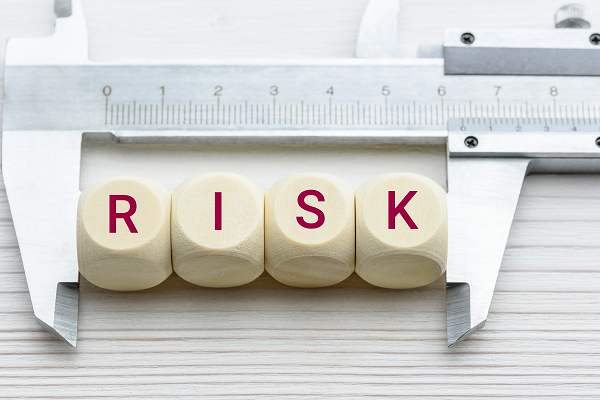Using the seven environmental sources of risk to evaluate your program

Whether you are a new startup program or a longstanding one, understanding the exposures a camp faces each year is critical for any camp risk management program and staff training. Risks are constantly changing. Some may remain consistent over the years, others may change yearly and/or daily depending on their nature. While there are many ways to evaluate risks, Managing Business Risk – An Organization-Wide Approach to Risk Management offers seven environmental sources of risk to evaluate.
- Physical environment
Geological and climatic risks arise from the physical environment. (Examples of physical environmental source of risk include wildfires, floods, snowfall, temperature and drought.)
- Social environment
Consumers' changing tastes and preferences, morals/values, as well as demographic factors, can all give rise to risks. (Examples of social environmental sources of risk may involve a camp changing its targeted clientele from an all-boys camp to a boys and girls camp program to increase revenue.)
- Political environment
Political institutions and decisions create responsibilities, interests, and expectations that produce risk. (i.e. certifying organizations may set strict standards and expectations that need attention and compliance)
- Legal environment
The formalized legal system establishes rights and duties that create risk for organizations. (A prime example of a legal environment source of risk involves the recent change of statute of limitations in many states allowing victims of sexual assault to file claims many years later.)
- Economic environment
While often influenced by the political, social, and legal environments, the global economic system has a degree of independence that warrants separate analysis. (An example of economic environment source of risk might be the hiring of international staff. Understanding their different cultures and beliefs can help support a positive camp experience for all.)
- Operational environment
The manner in which an organization goes about its work gives rise to a wide range of risks, most of which are influenced by the other environments. (Quick examples here may involve whether your program is seasonal versus year-round; or a day program versus residential overnight.)
- Cognitive environment
The environment of the mind -- a manager’s knowledge may be influenced by absence of information, attitude toward risk, misinformation, or even mental limitations, which can rise to both risk and uncertainty. (There could be a lot of fun had discussing examples for cognitive environment sources of risk, but let’s just stick with camp experience. The longer you have been involved as a camp director or owner, the more knowledge you may have to address emerging risks.)
As you think through your 2020 program activities, marketing strategies, hiring of staff, etc., take time to reflect on these environmental sources of risk. Do you have controls in place to address the exposures associated with each source? Being able to identify risk ahead of time and taking actions to reduce their impact will help guarantee you the opportunity to facilitate a positive camp experience this year. Have fun!

This "document” is intended for general information purposes and should not be construed as advice or opinions on any specific facts or circumstances. The content of this document is made available on an “as is” basis, without warranty of any kind. This document cannot be assumed to contain every acceptable safety and compliance procedure or that additional procedures might not be appropriate under the circumstances. Markel does not guarantee that this information is or can be relied on for compliance with any law or regulation, assurance against preventable losses, or freedom from legal liability. This publication is not intended to be legal, underwriting, or any other type of professional or technical advice. Persons requiring advice should consult an independent adviser or trained professional. Markel does not guarantee any particular outcome and makes no commitment to update any information herein, or remove any items that are no longer accurate or complete. Furthermore, Markel does not assume any liability to any person or organization for loss or damage caused by or resulting from any reliance placed on this content.
Markel® is a registered trademark of Markel Group Inc.
© 2023 Markel Service, Incorporated. All rights reserved.
